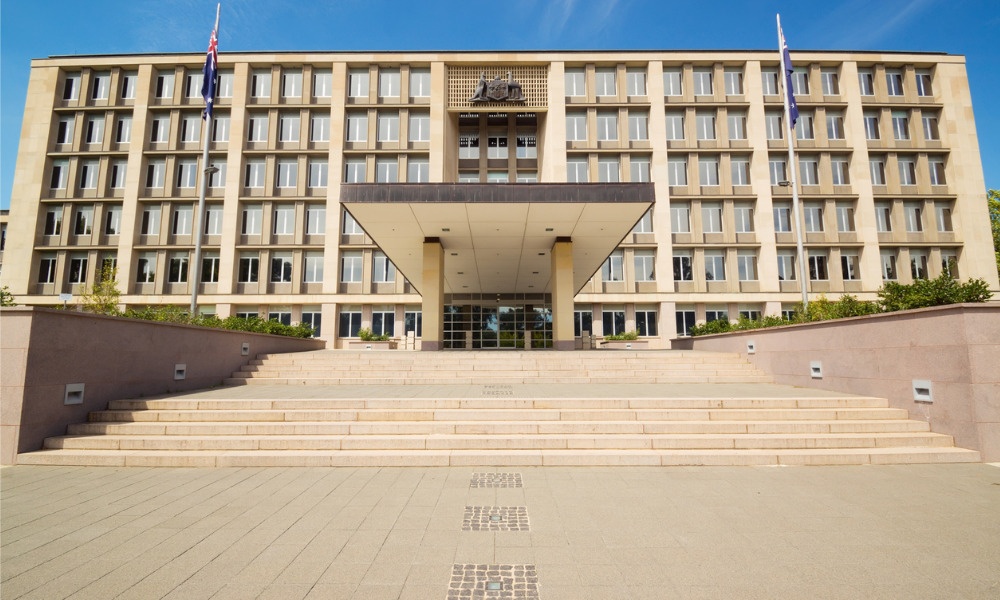
Huge spending aims to create 250,000 new jobs

The government has released its 2021 Federal Budget, announcing billions of dollars in funding and policies to stimulate 250,000 new jobs.
The hotly-anticipated Budget marks a sharp U-turn on the Coalition’s pre-pandemic policy approach which was aimed at driving down the deficit. Now, in the wake of the pandemic, the focus is on injecting cash into industries to stimulate jobs growth, as well as reduce childcare costs to get more women back into the workplace.
As a result of the COVID-recession, deficit will reach $161 billion this year, falling to $57 billion in 2024‑25. That figure is $52.7 billion lower than expected in last year’s Budget. Net debt will increase to $617.5 billion or 30% of GDP this year and peak at $980.6 billion or 40.9 per cent of GDP in June 2025.
Treasurer Josh Frydenberg has said Australia’s unemployment rate needs to fall below 5% to see the economy grow and wages increase. But unemployment has not been that low since the 1980s mining boom, meaning significant investment is required to enable jobs creation, upskilling, and higher rates of full-time workforce participation.
Speaking in Parliament, Frydenberg said: “Employment is at a record high, with 75,000 more Australians in jobs than before the pandemic.
“And this budget will help to create more than 250,000 more jobs by the end of 2022‑23. Mr Speaker, this budget secures the recovery and sets Australia up for the future.”
Read more: Volvo's new HRD on equal paid parental leave: 'It's a really powerful message'
Read more: Budget 2020: Are leaders doing enough to tackle bias hiring?